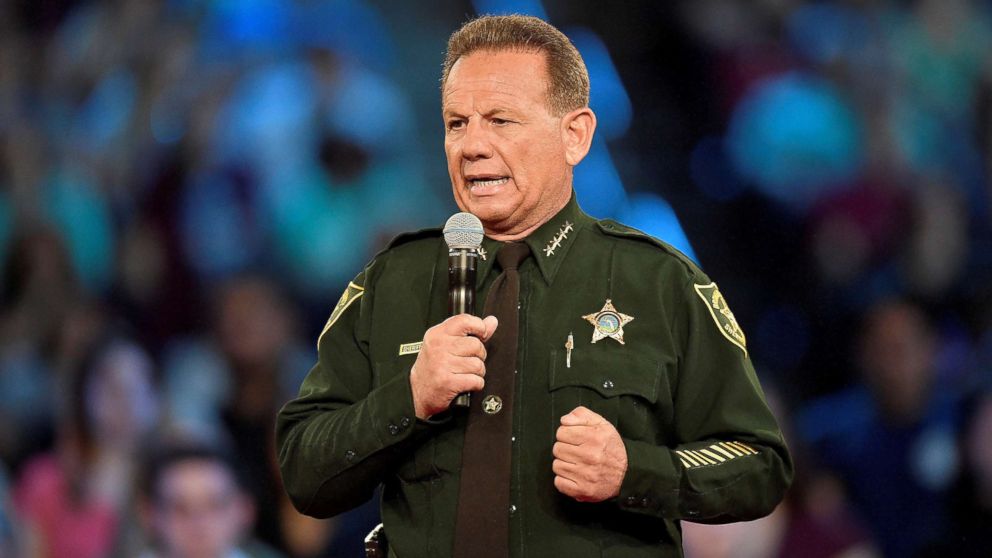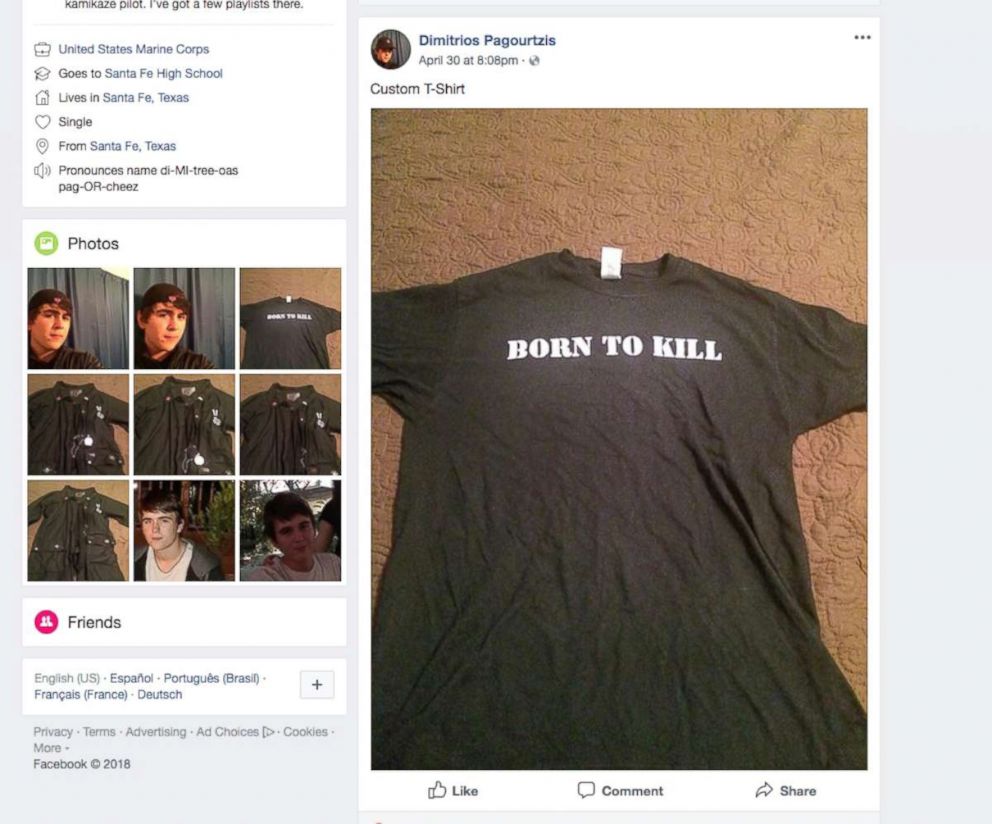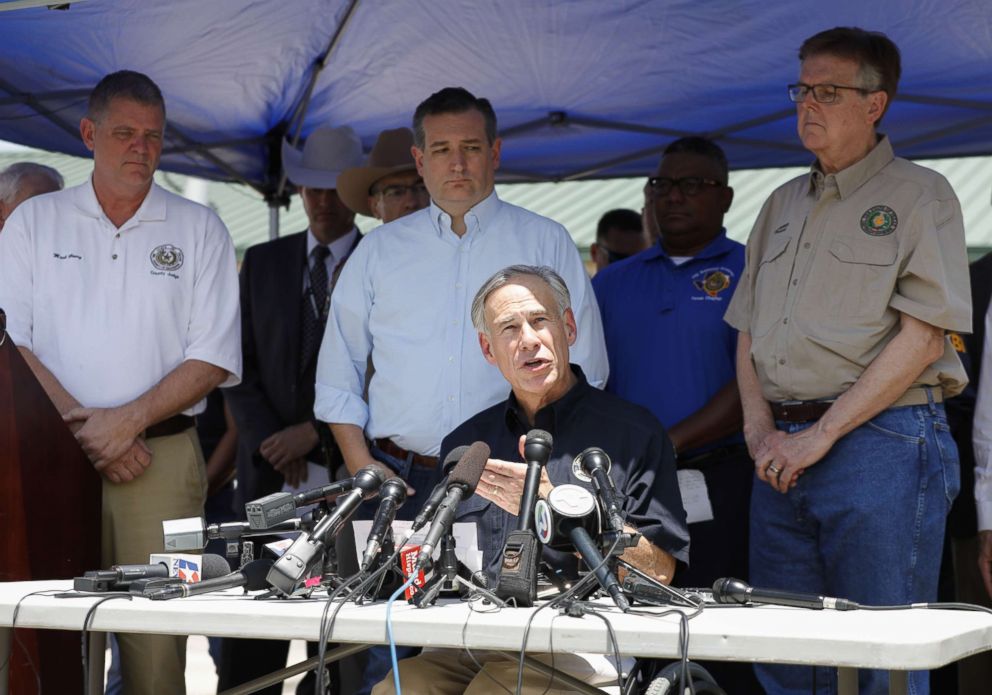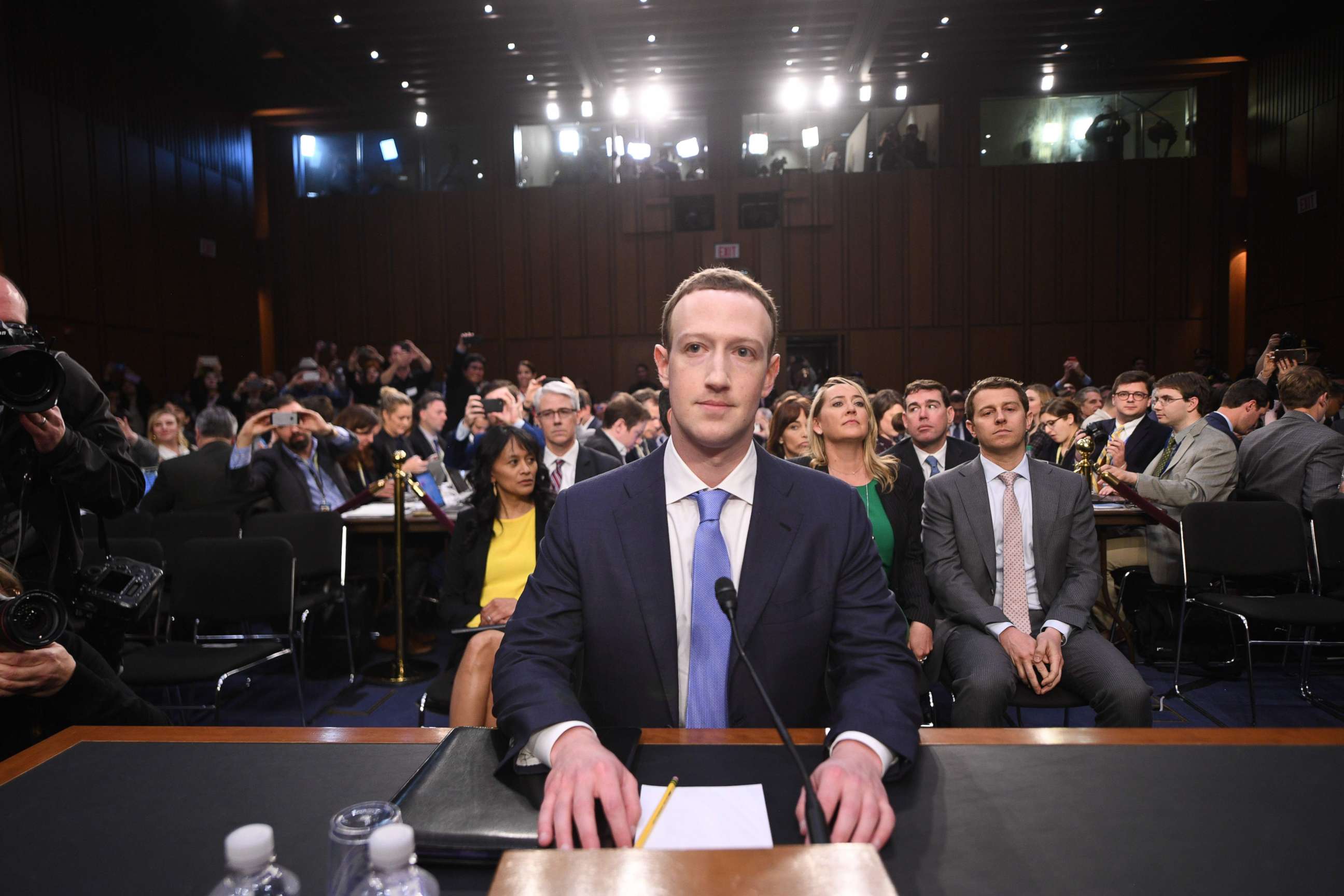Law enforcement officials push for broader access to social media data
Law enforcement and social media companies debate on security and privacy.

With news of another mass school shooting earlier this month still fresh, Texas Governor Greg Abbott said the suspected Sante Fe High School gunman Dimitrios Pagourtzis had left just one clue to his evil plot: a Facebook post showing a simple black t-shirt bearing the words “born to kill.”
Seven months before he shot and killed 17 people at Stoneman Douglas High School in Parkland, Fla. in February, Nikolas Cruz posted a photo of his arsenal on Instagram, prompting Broward County Sheriff Scott Israel to describe Cruz’s social media content as “very, very disturbing.” The FBI published a statement revealing they had received a complaint about Cruz’s “disturbing social media posts” a month before the shooting in Parkland, but investigative steps were not taken.
In the wake of these latest shootings, authorities have raised the question of collecting information from content shared online, once again putting law enforcement officials and social media companies on opposite sides of the debate over the balance between security and privacy.
“Really every time there's any tragedy like this, there's sort of this sense that there's all this [social media] data out there and if only we could look at all of it, we could predict the future,” said Rachel Levinson-Waldman, senior counsel for the Liberty and National Security Program at the Brennan Center for Justice. “While that's understandable, I think that's just not quite in line with the practicality of it.”
Platforms like Facebook and Twitter clarified their policies, in 2016 and 2017 respectively, and banned the use of data for surveillance purposes in reaction to a series of revelations from the ACLU of Northern California about alleged government violations of civil liberties.

But law enforcement officials told ABC News that restricted access to social media monitoring tools is jeopardizing public safety. Israel, for his part, has encouraged lawmakers to allow police to detain someone if they see graphic images or other disturbing content posted online.
"Criminals, terrorists and foreign intelligence services are using social media as they engage in illegal activities,” said John Cohen, ABC New contributor and former top official with the U.S. Department of Homeland Security. “Law enforcement efforts to prevent and investigate crime and national security threats would be greatly aided if authorities were able to use the same commercially available aggregation and analytic tools increasingly used by marketing firms. Unfortunately, many social media companies have mostly worked to prevent law enforcement authorities from using these tools."
Levinson-Waldman disagrees: “This information is so contextual, so hard to interpret,” she said. “So there's gonna be a lot of kind of discretion and judgment in terms of who's actually targeted or who's actually looked at more closely.”
According to Facebook, its policies universally bar developers using its platform from selling data obtained from their 2.2 billion active monthly users to any entity, including law enforcement.
“We enforce our policies fairly and don't allow anyone to use information....to build profiles, sell access to our tools or data, or carry out surveillance,” a Facebook spokesperson told ABC News.
The company declined to discuss specific concerns that have been raised by law enforcement officials.
When Facebook CEO Mark Zuckerberg testified before members of Congress in April, he answered questions about user data and privacy, prompted by the revelations that Cambridge Analytica, a U.K.-based data mining firm, allegedly misused Facebook data from up to 87 million of the platform’s user profiles prior to the 2016 presidential campaign. In response, Facebook announced a number of restrictions that limit app developers’ access to data.
Law enforcement officials said they don’t understand why social media companies would allow political consultants to access and monitor their data but keep the authorities out.
“A lot of the data that may be helpful for law enforcement is being sold to other commercial entities,” Cohen said, “so why wouldn’t you provide those same services to law enforcement?”
Over the past few years, third-party developers have come under fire for providing law enforcement and counter-terrorism organizations with access to data aggregation tools that scan through large quantities of social media posts.

The ACLU of Northern California has been at the forefront of this debate.
In December 2015, the organization criticized the Fresno police’s use of MediaSonar, a social media surveillance software that allegedly encouraged the surveillance of hashtags such as #blacklivesmatter, #dontshoot, and #imunarmed. At the time, Fresno police Sgt. Steve Casto told the Fresno Bee the department used tools such as MediaSonar to monitor publicly available data for evidence of violent crime and terrorism and never searched for terms related to the Black Lives Matter movement.
According to the Fresno Police Department (FPD), the department previously tested several types of social media monitoring software but never purchased these tools. “FPD never monitored social media posts involving black lives matter,” the FPD wrote in a statement to ABC News. “One service we tested offered search topics with preprogrammed keywords behind them. The topic of ‘civil unrest’ apparently included multiple keywords in the search, including black lives matter.”
In September 2016, the ACLU of Northern California urged Facebook, Instagram and Twitter to cease providing data access to Geofeedia, a developer of social media monitoring products that was marketed to law enforcement as a tool to track activists and protesters.
In an email statement to the Chicago Tribune, Geofeedia CEO Phil Harris Phone wrote that despite policies to prevent inappropriate use the of the software, the company “must continue to work to build on these critical protections of civil rights.” On Oct. 11, 2016, Geofeedia posted on Twitter for the last time: “We are committed to free speech & civil liberties. Also support a balanced approach with our technology,” and included a currently expired link to a blog post. Numbers previously associated with Geofeedia are no longer active and, despite multiple attempts, Harris could not be reached for comment.
The next month, the organization reported that a number of federally funded fusion centers -- institutions that collaboratively analyze and share intelligence to respond to criminal and terrorist activity -- were using tools provided by Dataminr for surveillance purposes, including keyword searches and location-based tracking. In response, Dataminr committed itself to restricting government customers’ access to user data, providing them with a limited version of its product that cannot be used for surveillance.
After the ACLU of Northern California reported these findings, Facebook, Instagram, and Twitter emphasized that no one is allowed to use the data for surveillance, including law enforcement. As a result, police agencies were barred from using tools that collect information shared on these platforms, even if the collection is done by outside developers.
Amie Stepanovich, U.S. Policy Manager at Access Now, a public policy and advocacy group focused on digital rights, said users don’t expect law enforcement to use high-tech tools to analyze their social media information beyond what can be observed publicly.
“I think we see a distinction between looking at publicly available social media feeds and having a human review them…versus the analysis we’ve seen that is actually happening,” Stepanovich told ABC News. “Rather than looking at the top 20 or 40 tweets, they’re feeding all of the tweets into an algorithm and having the application determine information that isn’t actually public.”
For example, Stepanovich explained, analyzing a user’s geographic tags for patterns can reveal where that person may live or work. In the shifting technological landscape, Stepanovich maintained that law enforcement’s access to social media user data must be strictly limited.

Facebook’s procedure for releasing account records to law enforcement requires a subpoena, court order or search warrant. The company also accepts emergency requests for situations “involving imminent harm to a child or risk of death or serious physical injury to any person and requiring disclosure of information without delay.” Twitter also has a procedure in which law enforcement officials can request the disclosure of information in emergency situations.
On May 15, Facebook published a new transparency report, showing the company received 82,341 government requests for account data globally from July to December, 2017. About 7.5% of those inquiries were emergency requests.
In the aftermath of the shooting at Stoneman Douglas High School, the head of a key Silicon Valley organization testified before the Senate Judiciary Committee to defend industry’s work in helping police prevent the types of tragedies that have become all too common.
“In appropriate circumstances, companies disclose pertinent information to law enforcement,” Michael Beckerman, President & CEO of the lobbying group the Internet Association, which represents 40 tech companies, including Facebook and Twitter. “In some cases, these disclosures are proactive, meaning that internet companies disclose information to law enforcement without being asked to do so.”
“The industry,” he testified, “makes thousands of proactive disclosures to law enforcement each and every year.”
Beckerman emphasized the important role social media users play in identifying threatening content.
“Particularly as it relates to images of people with guns or threats of gun violence, it is difficult for an algorithm or even a human reviewer at a company to distinguish between what is harmless and what needs to be flagged for law enforcement,” he said. “In these cases, we depend on the members of the community, particularly family and friends, to contact law enforcement to provide context.”
Mike Sena, president of the National Fusion Center Association, said bulk monitoring social media is a key component and law enforcement cannot do its job properly without it.
“Rather than being able to use tools that filter through a large slew of social media posts, we have to laboriously go through posts looking for those terms,” Sena told ABC News. “We miss things when we have those tools, but now we’re missing even more.”
Editor's note: Updated with comment from the Fresno Police Department.




